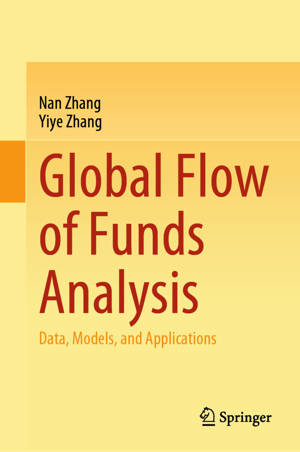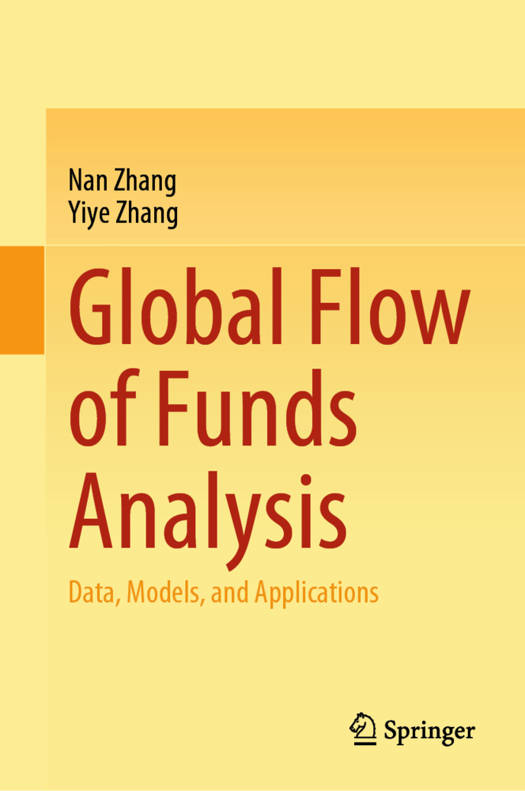
- Afhalen na 1 uur in een winkel met voorraad
- Gratis thuislevering in België vanaf € 30
- Ruim aanbod met 7 miljoen producten
- Afhalen na 1 uur in een winkel met voorraad
- Gratis thuislevering in België vanaf € 30
- Ruim aanbod met 7 miljoen producten
Global Flow of Funds Analysis
Data, Models, and Applications
Nan Zhang, Yiye ZhangOmschrijving
This book is the first to focus on the global flow of funds (GFF), providing an introduction to its fundamental concepts and establishing a theoretical framework for analysis. It connects the flow of funds within domestic economies to that of the rest of the world, offering a comprehensive analysis of GFF dynamics. This study enhances GFF statistics, enabling the assessment of global financial stability from both national and cross-border sectoral perspectives. The GFF data provide valuable insights into analyzing interconnectivity across borders and an understanding of global financial interdependencies. By examining the data sources and reconstructing the statistical framework to establish the GFF statistical matrix, this book conducts a case study to evaluate financial risks and influences in G20 countries. Subsequently, it connects the GFF matrix with sectoral account data and the flow of funds to establish the sectoral from-whom-to-whom financial stock matrix (SFSM). The SFSM aims to establish a new framework for conducting multi-country, multi-sector analysis within the G20, with a special emphasis on examining the national and cross-border exposures of sectors in China, Japan, and the USA. This involves constructing country-specific financial networks and connecting them based on cross-border exposures. The systematic analysis results effectively showcase the financial interconnections among G20 countries within the GFF and shed light on the attributes of external shocks and internal influences. The focus is particularly on the changes in risk exposure between China and the USA concerning their external assets and liabilities and the implications of economic decoupling of these dynamics.
Specificaties
Betrokkenen
- Auteur(s):
- Uitgeverij:
Inhoud
- Aantal bladzijden:
- 297
- Taal:
- Engels
Eigenschappen
- Productcode (EAN):
- 9789819710287
- Verschijningsdatum:
- 19/03/2024
- Uitvoering:
- Hardcover
- Formaat:
- Genaaid
- Afmetingen:
- 156 mm x 234 mm
- Gewicht:
- 616 g

Alleen bij Standaard Boekhandel
Beoordelingen
We publiceren alleen reviews die voldoen aan de voorwaarden voor reviews. Bekijk onze voorwaarden voor reviews.











